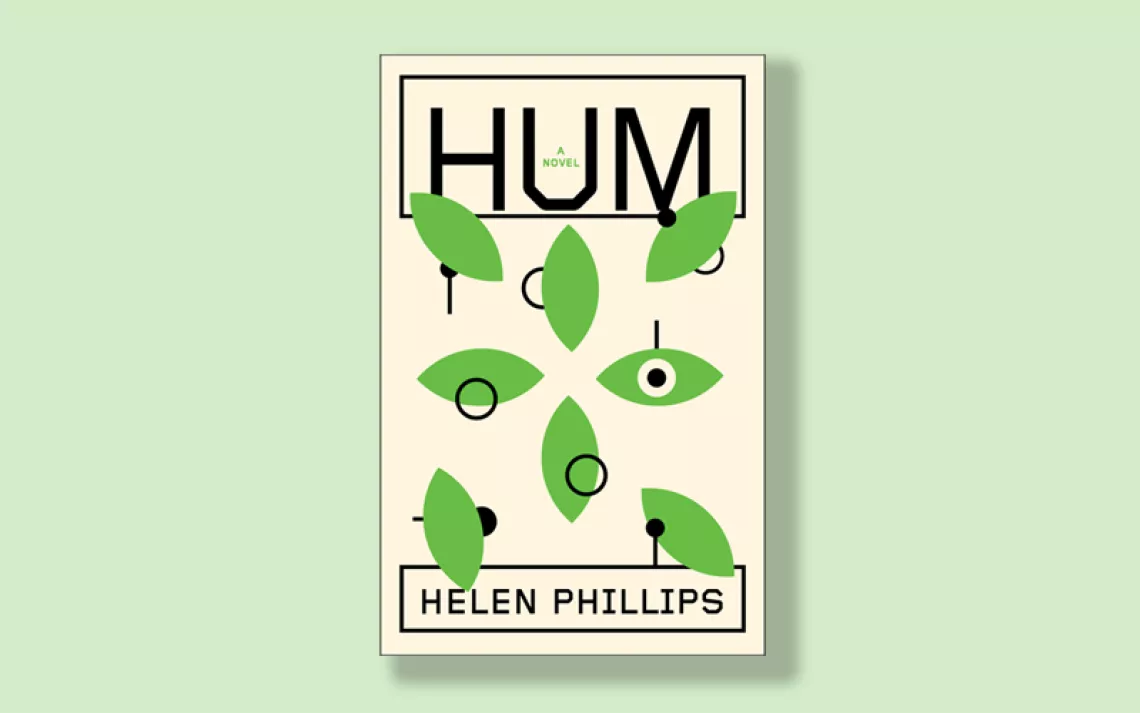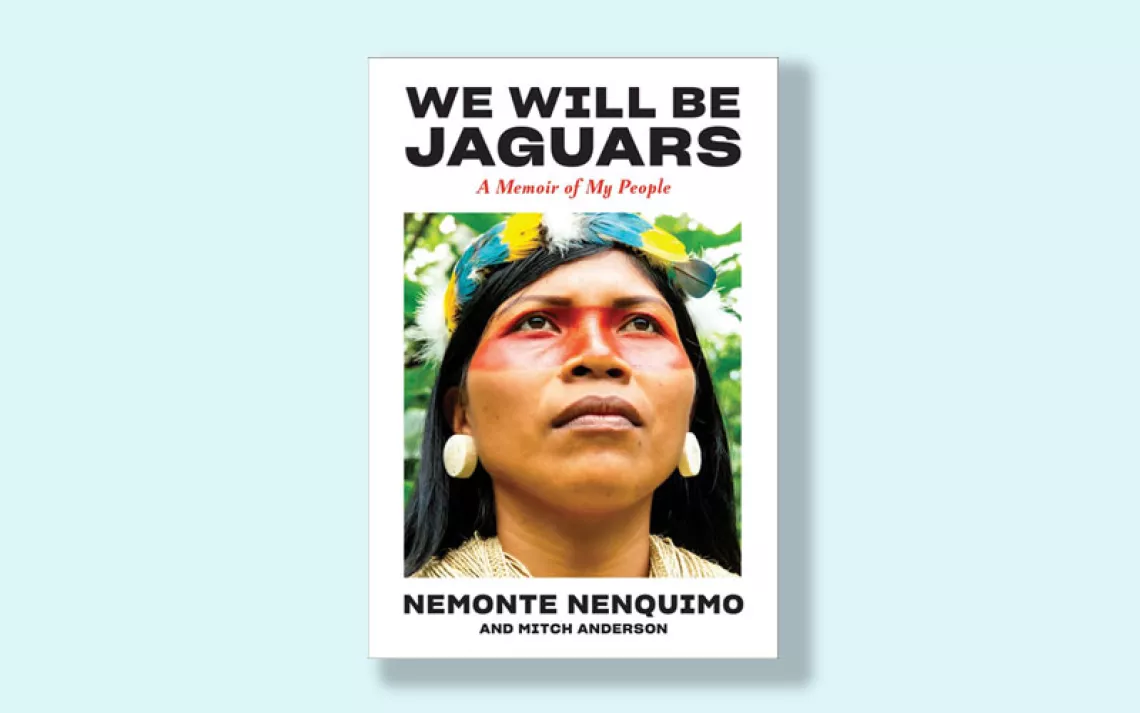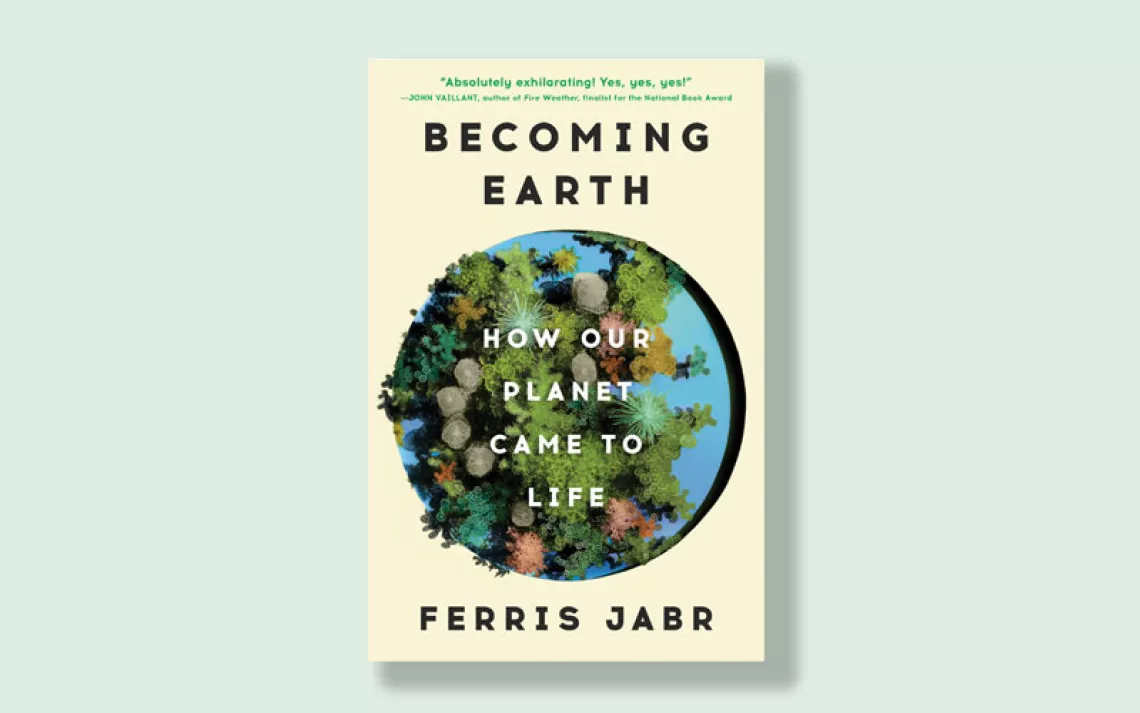How Nature Teaches Us to Grieve
"Wilderness is a place, any place, where the illusion of control slips away."

Photo by Julia Lynton-Boelte.
Writer Kyle Boelte was only 13 when his brother Kris killed himself in their Denver home. Seventeen years later, Boelte moved to San Francisco, where the ever-present fog brought back painful but fading memories of Kris. In his first book, The Beautiful Unseen (Counterpoint Press, February 10), Boelte pieces together these memories as he roams San Francisco's trails and wild places in search of fog. The book intertwines the science and impact of fog, from the giant redwoods that survive on it to the 20th-century shipwrecks caused by it, with meditations on loss and the fleeting nature of memory. Sierra sat down with Boelte to discuss fog, forgetting, and how nature teaches us to grieve.
What drew you to fog?
Part of it was being in San Francisco. In a city, you don't have a whole lot of connection with the natural world, so one of the main ways you do is through weather. When I was living in San Francisco, the fog was always there, coming and going.
You detail many of the hikes you took throughout the Bay Area. Did spending so much time in the wilderness help you?
Many people who have gone through tragedy in their life go to nature to find solace. But I also think we spend a lot of time in the modern world trying to control things. We pour concrete over everything, and everyone is so wrapped up in trying to control themselves and their community and the natural world. Nothing is out of control, we think, but in truth so much of this world is out of our control. Suicide in particular is scary to a lot of people because it challenges their idea of control. So being in the wilderness and experiencing what it's like to not be in control can teach us a lot about the world we actually live in.
You spend a lot of time in this book trying to conjure memories of Kris, and being afraid to forget.
At first, I set out to really experience the fog, and what I found was that I actually spent a lot of days not in the fog. I'd go for a hike or drive out someplace and it would end up being a sunny day. Or I'd see fog at the top of the mountain and start walking up to find it, and it would burn off and disappear. At the beginning of the book, I try to track my memories in similar ways. In the end, I come to terms with not finding the fog, and letting the fog find me. That's kind of how I think about memories: They’re not totally gone, but the control aspect of it goes away. I wanted to allow memories to arise organically and appreciate them when I have them. When you experience a loved one's death, you have to grieve for them. And at some point you move on.
 The Magazine of The Sierra Club
The Magazine of The Sierra Club



